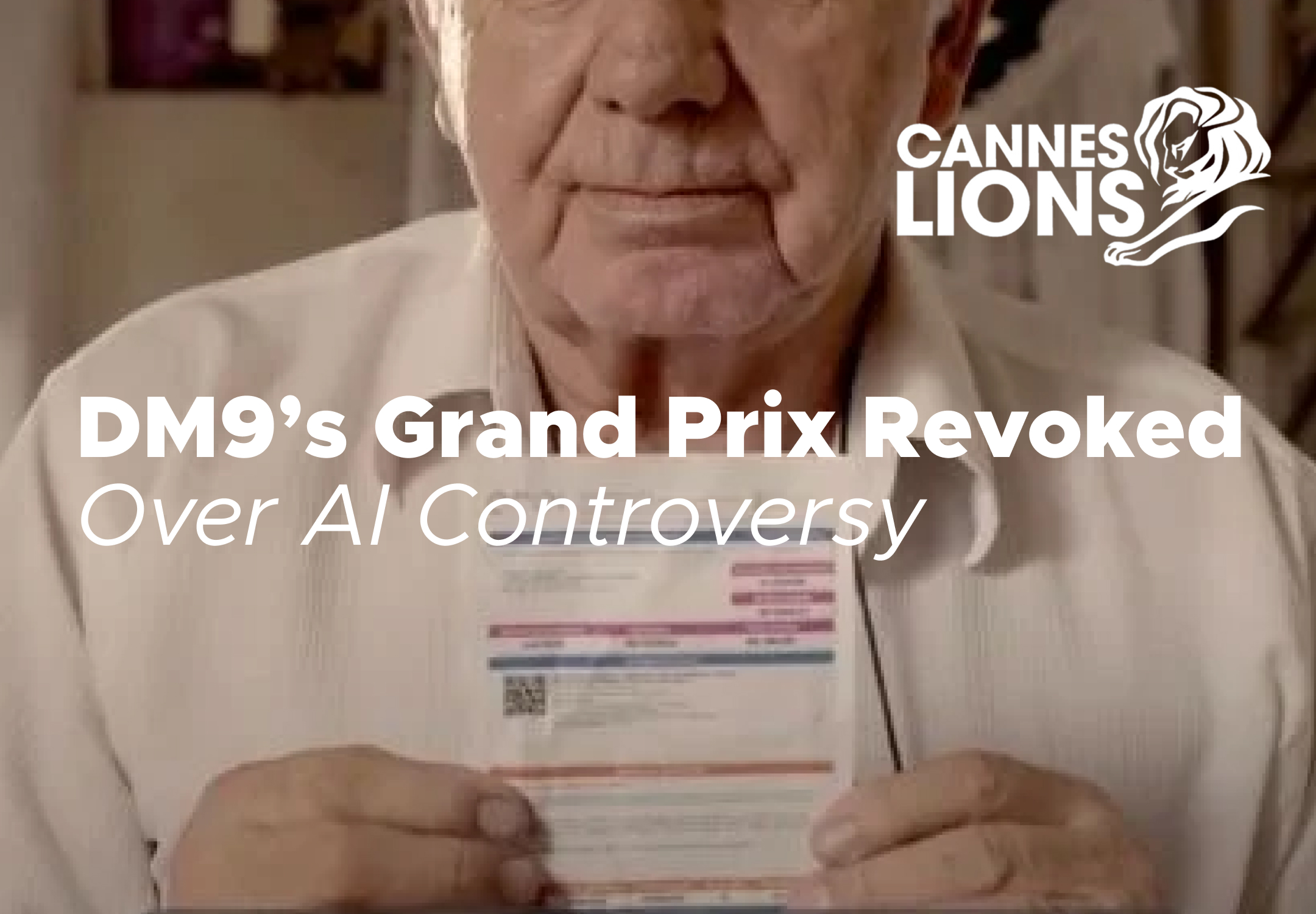Each Country’s Most Used Social Media Platforms
Are we playing favourites?
September 20, 2024
It’s no secret that people have mixed feelings about the time they spend on social media. While we’re all used to checking in on Facebook or scrolling through Instagram, not every app leaves us with a sense of satisfaction after we close it. In fact, some social platforms may be more frequently used out of habit than love. While usage numbers often tell one story—apps like Facebook dominate with billions of active users—app store ratings reveal another side, focusing more on user experience and satisfaction.
Surprising Findings: Facebook Is the Most Hated Social Media App
Despite its daily active user count exceeding 2 billion, Facebook emerged as the most disliked app in 39 countries, including major markets like the UK, Australia, Canada, France, and India. The dichotomy between Facebook’s widespread usage and its poor reception highlights a significant trend: people use it, but they don’t necessarily enjoy it. Perhaps it’s the cluttered interface, constant ads, or a sense of obligation that leads to dissatisfaction. Either way, it’s clear that popularity doesn’t always translate into a positive experience.
Popularity vs. Usage: A Key Difference
Just because an app is frequently opened doesn’t mean it’s loved. Many people check Facebook every day, whether it’s to keep up with family, stay informed, or avoid missing an important event like a birthday. However, these check-ins seem to come with a feeling of dissatisfaction, especially when compared to the ratings for other platforms like TikTok or Instagram, which generally receive more favourable reviews.This suggests that user habits may be driven by necessity or FOMO (fear of missing out), rather than an intrinsic enjoyment of the platform itself.
What’s Driving These Negative Feelings?
It’s not hard to pinpoint some of the reasons why Facebook might be racking up negative ratings, despite its massive user base. For one, the platform has increasingly become saturated with ads, sponsored posts, and content from pages or profiles users might not follow. Additionally, privacy concerns and the spread of misinformation have plagued the app’s reputation for years.
On the other hand, more visually driven platforms like Instagram and TikTok tend to score better because they provide quick, digestible entertainment. TikTok, for instance, has taken over as the go-to for short-form video content, giving users an endless stream of fresh, engaging clips curated to their interests through its personalised algorithm. This means users leave the app feeling more entertained and satisfied, which is reflected in its better app store ratings.
What Does This Mean for Social Media Trends?
This new insight into app ratings suggests that while Facebook remains dominant in terms of sheer user numbers, other platforms like TikTok and Instagram are growing in user satisfaction. For brands and marketers, this means considering where the real audience engagement and positive user experiences are happening, rather than just focusing on which platform has the largest user base.
With younger generations gravitating towards apps that offer more visual and interactive experiences, it’s possible that the trend of Facebook being a “necessary evil” may continue, while more niche or emerging platforms win over users’ hearts. In the end, understanding both the popularity and satisfaction levels of social media apps can help guide businesses in choosing the right platforms for their audiences, ensuring that they not only reach their users but leave a positive impression as well.
View the Mailsuite analysis here.
Latest News ☕

What the DM9 Cannes Lions Scandal Reveals About the Future of Creative Trust
July 1, 2025
Cannes Lions revoked DM9’s Grand Prix over AI fakery in a campaign video, sparking resig...

The Old Marketing Agency Model Is Dead
July 1, 2025
🏢 Dear Global D2C brands and CMOs, if you’re still using a patchwork of local agencie...

Trump Teases “Very Wealthy” Buyers as TikTok Deadline Nears
June 30, 2025
In a June 29 Fox News interview, President Trump revealed he has a group of “very wealth...


